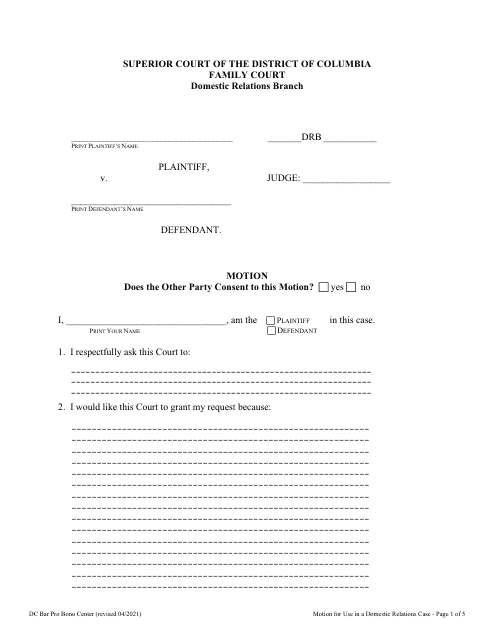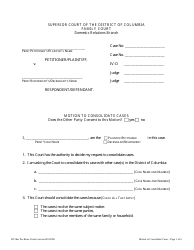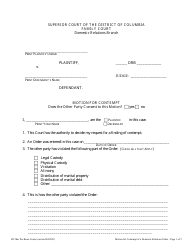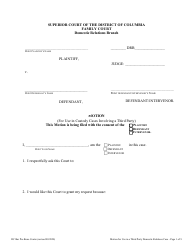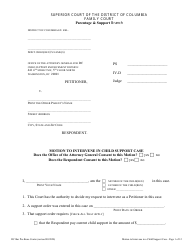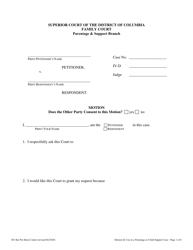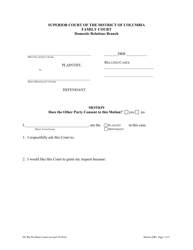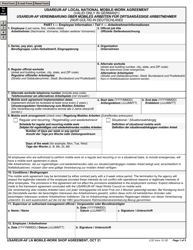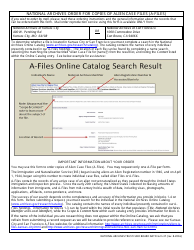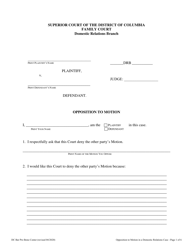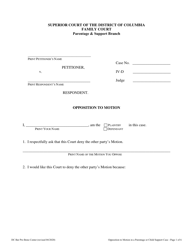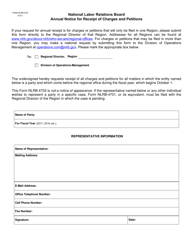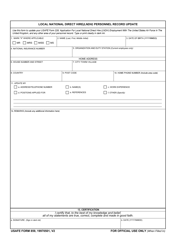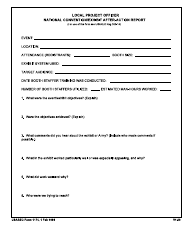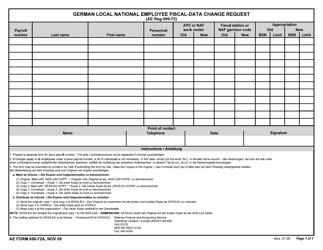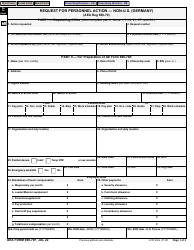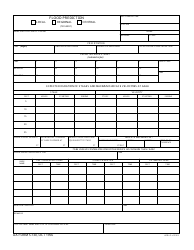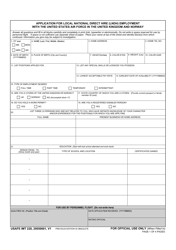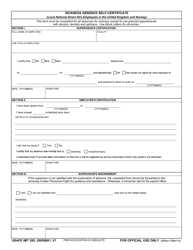Motion for Use in a Domestic Relations Case - Washington, D.C.
Motion for Use in a Domestic Relations Case is a legal document that was released by the District of Columbia Courts - a government authority operating within Washington, D.C..
FAQ
Q: What is a Motion for Use in a Domestic Relations Case?
A: A Motion for Use in a Domestic Relations Case is a legal document filed in a Washington, D.C. court in a case involving family law matters.
Q: What does a Motion for Use in a Domestic Relations Case do?
A: A Motion for Use in a Domestic Relations Case asks the court for permission to use certain evidence or documents in a family law case.
Q: What types of evidence or documents can be requested through a Motion for Use in a Domestic Relations Case?
A: Examples include financial records, text messages, emails, photographs, or other relevant evidence necessary for the case.
Q: Who can file a Motion for Use in a Domestic Relations Case?
A: Either party in a domestic relations case can file a Motion for Use in a Domestic Relations Case.
Q: What is the process for filing a Motion for Use in a Domestic Relations Case in Washington, D.C.?
A: The process involves preparing the motion, filing it with the court, and serving it on the opposing party.
Q: Is there a fee for filing a Motion for Use in a Domestic Relations Case?
A: Yes, there is typically a filing fee associated with filing a motion in a Washington, D.C. court.
Q: How long does it take for the court to decide on a Motion for Use in a Domestic Relations Case?
A: The timeline for a decision depends on the court's schedule and workload, but it generally takes several weeks to months.
Q: Can a Motion for Use in a Domestic Relations Case be denied?
A: Yes, the court has the authority to deny a Motion for Use in a Domestic Relations Case if it determines that the requested evidence or documents are not relevant or appropriate for the case.
Q: Is it necessary to have legal representation when filing a Motion for Use in a Domestic Relations Case?
A: While it is not required to have legal representation, it is generally recommended to consult with an attorney who specializes in family law to ensure the best possible outcome.
Q: What happens after a Motion for Use in a Domestic Relations Case is granted?
A: If the motion is granted, the party who requested the evidence or documents can proceed to use them as part of their case.
Form Details:
- Released on April 1, 2021;
- The latest edition currently provided by the District of Columbia Courts;
- Ready to use and print;
- Easy to customize;
- Compatible with most PDF-viewing applications;
- Fill out the form in our online filing application.
Download a fillable version of the form by clicking the link below or browse more documents and templates provided by the District of Columbia Courts.
